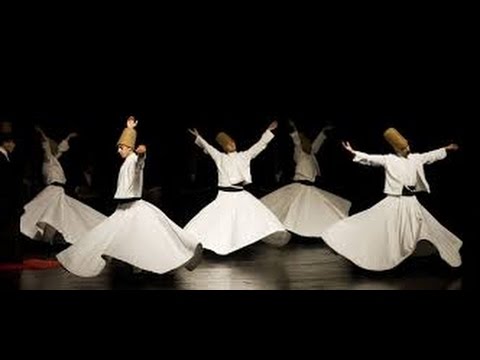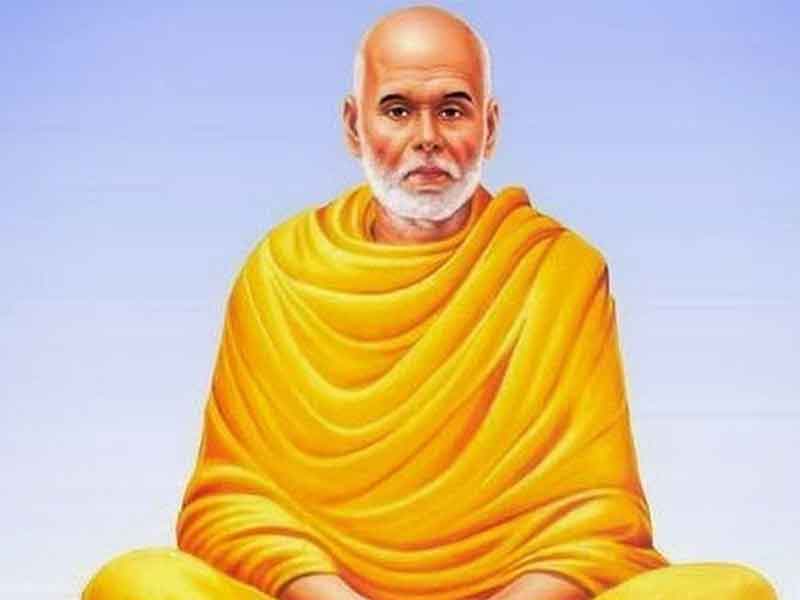
There is something strange happening in the world of spirituality. A kind of confusion. A soft lie dressed in golden words. Many people today talk about Sufism as if it is some magical path full of powers and miracles. Some think it is about repeating certain words to fix their everyday problems. Others believe it is about becoming a famous spiritual teacher, gathering followers, and earning money. But all of this is far from the truth.To understand what Sufism really is, we must first understand what it is not.
Sufism is not about using magical words to solve the problems of daily life. It is not a spiritual shortcut to success. It is not a way to get rich, or popular, or admired. Sufism is about something much deeper. It is about facing life as It truly is. It is about accepting pain and not running away from it. It is about being brave enough to walk into suffering and to sit with it, quietly, without complaint.
You see, we all experience pain. We all go through difficult days, broken dreams, and silent sorrows. But most of us try to escape it. We try to fix It quickly, to cover it up, or to distract ourselves. But a Sufi does not escape. A true Sufi accepts the pain and lives with it. Not because he enjoys suffering, but because he knows that real healing begins when we stop running.
In today’s world, many people claim to be spiritual leaders. They call themselves gurus, teachers, masters. They give lectures, write books, and build organizations. Some even charge money for giving blessings or offering advice. They speak big words and attract many followers. But the real Sufi is not interested in all this. He does not want to be famous. He does not want a crowd. He does not want to be called a saint. He simply wants to be free—from himself, from others, from every attachment.
The real Sufi walks away from applause. He does not seek to impress. He does not perform miracles to attract people. In fact, he may live quietly, unknown to the world, yet his heart is burning with truth. He gives up everything—not just material things, but even the desire for praise, power, or recognition.
Yes, there are practices in Sufism. People repeat the names of God. They meditate, pray, and try to purify their hearts. But these practices are only tools. They are not the goal. Just like a ladder is used to climb up but is not the destination, the practices of Sufism are only meant to help the seeker reach the real purpose: inner emptiness, complete surrender, and peace.
Many people get stuck in the practices. They begin to chase experiences—strange dreams, inner voices, visions of light. And when these things happen, they feel special. They begin to think they are more spiritual than others. But this is a trap. Because true Sufism is not about collecting experiences. It is not about seeing visions or hearing voices. These things may happen. Or they may not. It does not matter.
What matters is whether you are able to let go. What matters is whether you can sit silently, with or without visions, with or without signs, and still feel complete. The real Sufi is not proud of any spiritual experience. He knows that experiences come and go. They are not the truth. They are just passing shadows. Enlightenment is not about having great experiences. It is about losing the desire for them.
But in today’s spiritual circles, people compare themselves. They ask each other, “Have you seen the light? Have you heard the voice? Have you entered a higher state?” And if someone has not had these experiences, they are made to feel less than others. But the truth is, none of these things mean you are enlightened. They are only moments. They do not last. The Sufi knows this. He does not measure anyone’s journey by what they have seen or felt. He simply respects their path.
Real enlightenment is not a moment of glory. It is not something you can show to the world. It is a quiet, deep peace that stays with you, even when everything outside is falling apart. It is a calmness that does not depend on anything. Not on money. Not even on spiritual success.
The real Sufi gives up everything. Every attachment. Every identity. He does not say, “I am a teacher,” or “I am enlightened,” or even, “I am a Sufi.” He says nothing. Because he has nothing to prove. He lives simply. He loves deeply. He serves quietly.
You may find him sitting with the poor. Or working in a small shop. Or walking alone in the night. He may not look like a saint. He may not dress in white. But his heart is full of light. And yet, he does not speak of it.
He does not want to be better than anyone. He does not feel special. In fact, he feels smaller and smaller every day, until finally, he becomes nothing. And in that nothingness, he finds everything.
It is not a path of gaining more and more. It is a path of losing. Losing your ego. Losing your pride. Losing your need to be admired. It is a path of surrender. Not just once, but every moment. Not just with words, but with your whole being.
It is not an easy path. It does not promise success, or joy, or peace at every step. Sometimes it brings pain. Sometimes it brings silence. Sometimes it brings darkness. But through it all, the Sufi walks on. Not because he is strong. But because he trusts.
He trusts the journey. He trusts the Beloved. He trusts that even when nothing makes sense, there is meaning. Even in the emptiness, there is love.And this trust—this deep, quiet trust—is the heart of Sufism.
In a world that is always rushing, always buying, always shouting, the Sufi slows down. He lets go. He listens. He does not try to control. He simply accepts.
People may laugh at him. They may call him mad. They may say he is wasting his life. But he does not mind. He has already given up the need to be understood. He is not trying to win anyone. He is not trying to change the world. He is only trying to change himself.And slowly, silently, something begins to shift inside him.
The noise inside becomes quiet. The hunger becomes still. The fear fades away. And in its place, there is peace. Not the peace of a perfect life. But the peace of a quiet soul.
This is the real gift of Sufism. Not visions. Not powers. Not fame. Just peace. The kind of peace that no one can take away.
But to reach this peace, one must be ready to give up everything. One must be ready to face oneself. To sit in silence. To feel lost. To feel broken. And not run away.Because only when everything else is gone, can the real light enter.
This light is not bright. It does not shine for others to see. It is gentle. It is warm. It is quiet. It does not make you famous. It does not make you powerful. It just makes you whole.And that is enough.
So if you are looking for a path to solve all your problems, to give you joy, power, and success, Sufism is not for you.But if you are tired of pretending. If you are tired of running. If you are ready to face yourself, to sit with your pain, to let go of your pride, then maybe—just maybe—Sufism will open a door.
Not a door to something new.
But a door back to yourself.
To your real self.
The one that was always there.
Waiting in silence.
Waiting in love.
And when you walk through that door, you will not become someone special.
You will become no one.
And in becoming no one, you will finally be free.
That is the truth of Sufism.
Not magic.
Not miracles.
Just surrender.
Just peace.
And in the end, isn’t that what we all really want?
Subscribe to Our Newsletter
Get the latest CounterCurrents updates delivered straight to your inbox.
SUBZAR AHMAD works as Lecturer urdu in the department of school education Jammu & Kashmir. He can be contacted via email at [email protected]
















































